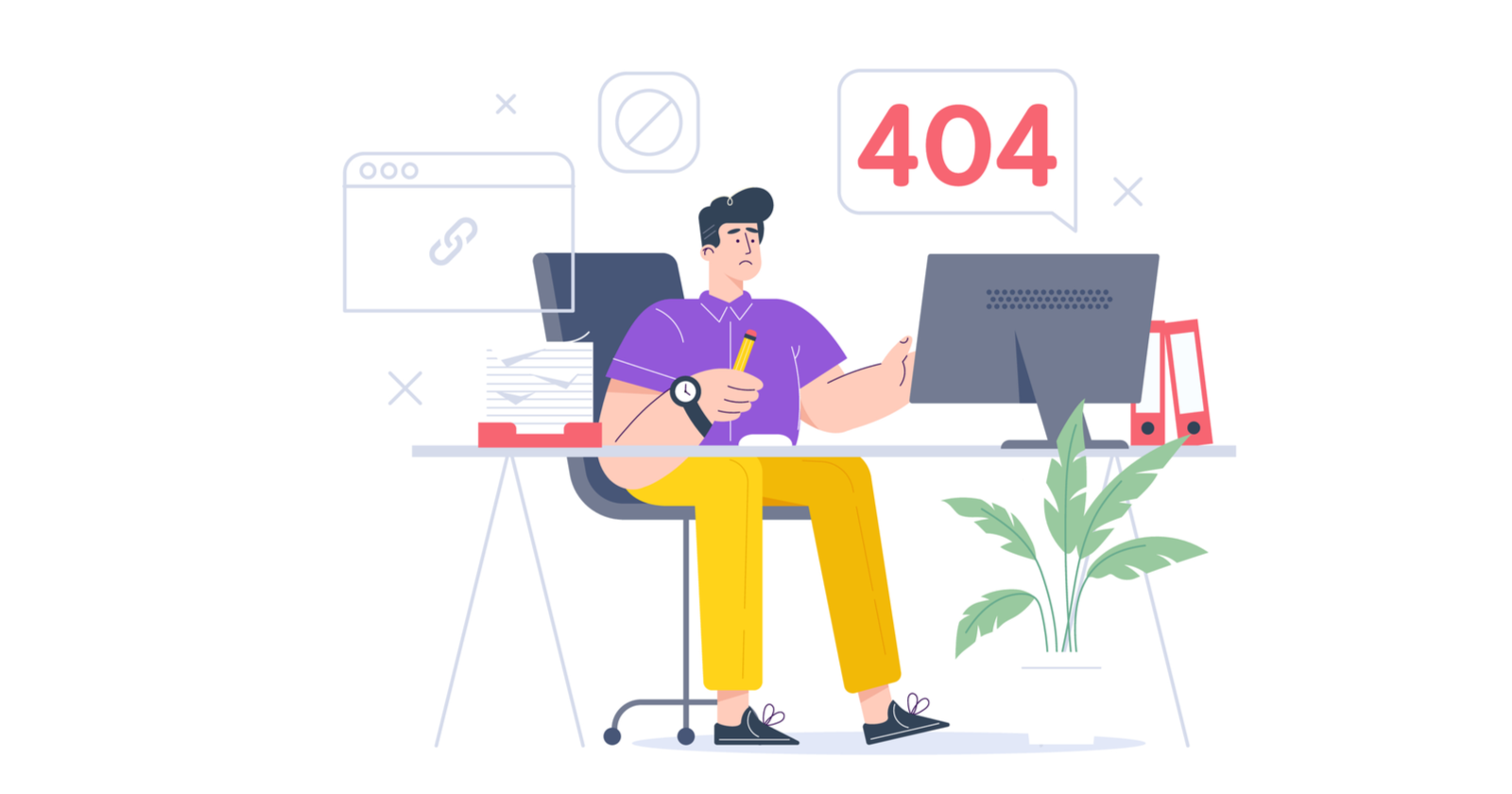As hard as we try to stay in line with best practices, every website is bound to have some SEO errors that can adversely affect search rankings.
And if you’re experiencing the impact of these errors, you’re not alone.
In fact, in a study that evaluated landing page adherence to site performance best practices, Cambridge University researchers looked at elements such as using HTTPS, displaying images with correct aspect ratios and serving with the appropriate resolution, and more.
Not one page had a perfect score.
0%.
None. Zip. Nada.
Let’s take a deep dive into some of the most common SEO errors so that you can start things off on the right foot, or get yourself off the wrong path if you’re already on it!
Accessibility & Indexation
1. Duplicate Content
When you have two or more identical pages, it becomes harder for search engines to determine what to feature in search engine result pages (SERPs).
When Google is forced to choose between identical content, all the content suffers.
Similarly, link power ends up diluted and social media gets watered down when attention is split between multiple copies of the same thing.
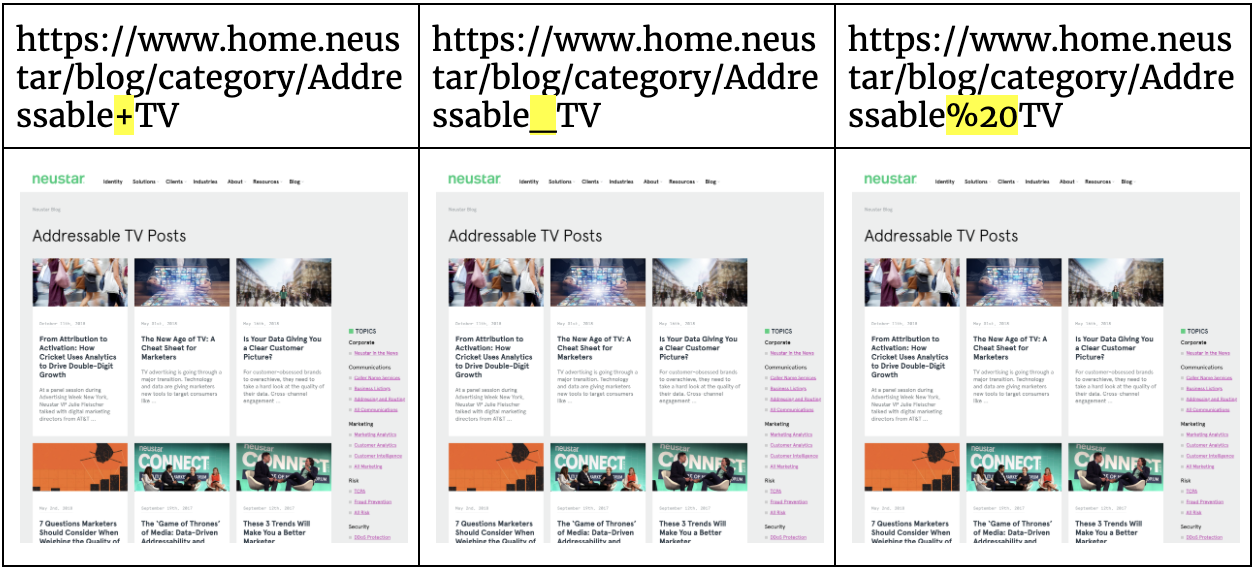
There are a handful of ways to manage duplicate content, but one common solution is to use the canonical tag.
Why? Because it tells search engines which pages are preferred for indexing.
2. Forgotten Noindex Tags
When you don’t want a search engine to index a certain page you use a noindex tag.
Sometimes people forget that they’ve used a noindex tag, and search engines end up not indexing pages that actually should be indexed.
To avoid this mistake, keep track of which pages have noindex tags and, as a best practice, add this step to your publishing checklist.
3. Using iFrames
An iFrame (Inline Frame) is an HTML file inside of another HTML file on a website.
Because this content doesn’t technically live within the code of the page, any content within the iFrame is rendered invisible to a search engine and often leads to low-quality pages with minimal content.
They can also hurt your load speeds and page experience scores, are susceptible to malware, are confusing, and people generally don’t like them.
4. Low Word Count
If your blog post or page is too short to do the topic justice, Google may deem the content “thin” or “low-value.”
(That’s not to say that word count is a ranking factor — it’s not. What matters is that the information sufficiently explains what the reader went there to learn.)
Ultimately, it may be more difficult to rank because you simply won’t be using enough keywords and semantically linked keywords to satisfactorily answer your visitor’s queries.
Your text should be thorough, skimmable, and robust.
5. Flash
Flash is so outdated that it was discontinued on December 31st, 2020, has simply stopped running, and is retired from all major browsers.
Aside from that, it is impossible for search engines to properly render any content housed within the Flash files.
If you haven’t already, get rid of Flash!
AMP
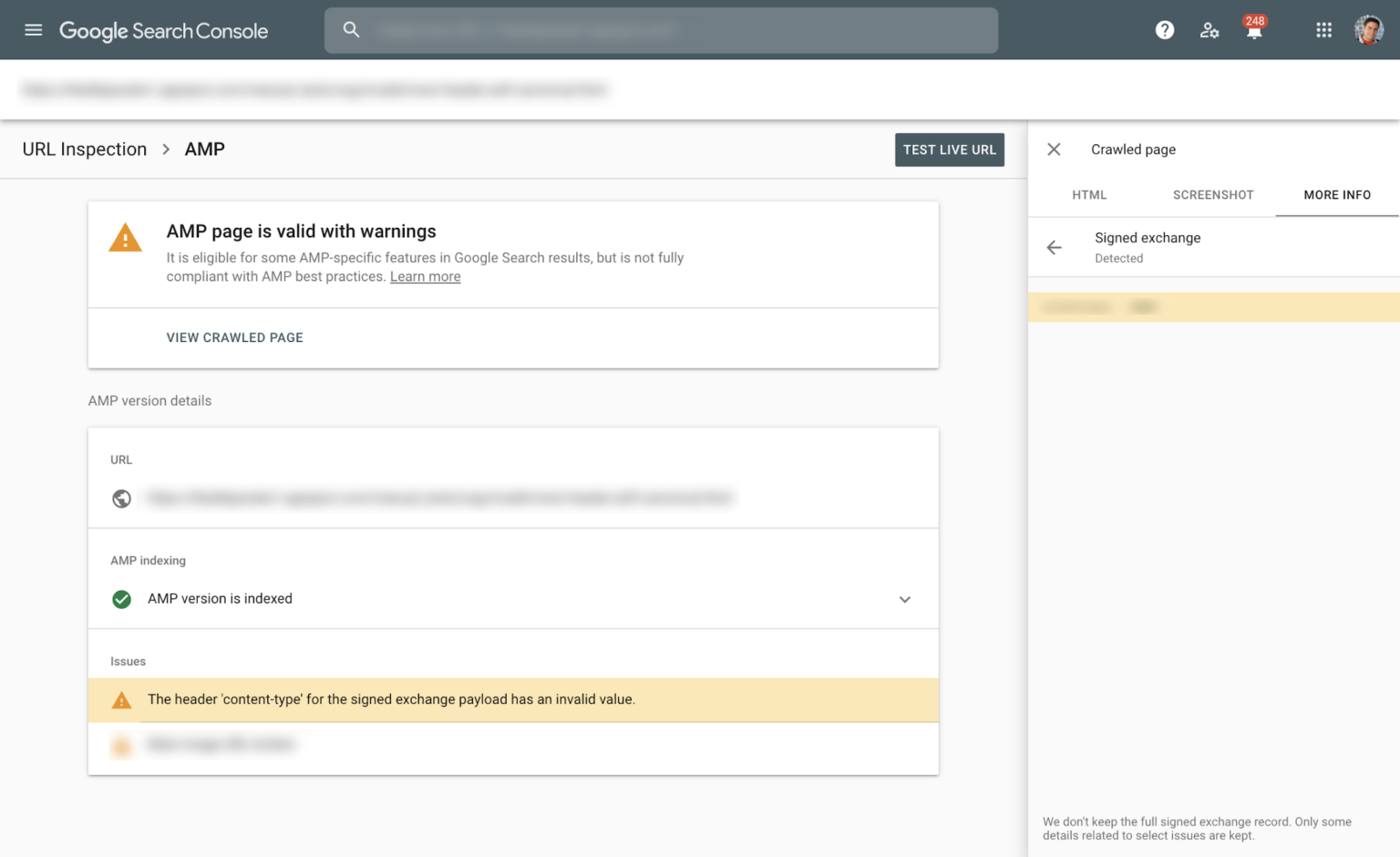 AMP makes mobile pages load faster.
AMP makes mobile pages load faster.
If your page isn’t optimized for mobile, it’s not even going to rank, so avoid these common errors.
By the way, for some, AMP can be incredibly technical and difficult to source issues. This guide should help!
6. Deprecated Elements
These are outdated tags in your AMP document. Purge them from time to time to keep your website running smoothly.
You also never know when an algorithm update may give greater weight to an error.
It’s best to err on being error-free!
7. CSS & JavaScript Errors
CSS stylesheets and JavaScript code aren’t always compliant with AMP.
Make sure your work is error-free before taking it live, and run checks periodically.
HTTP Status Code
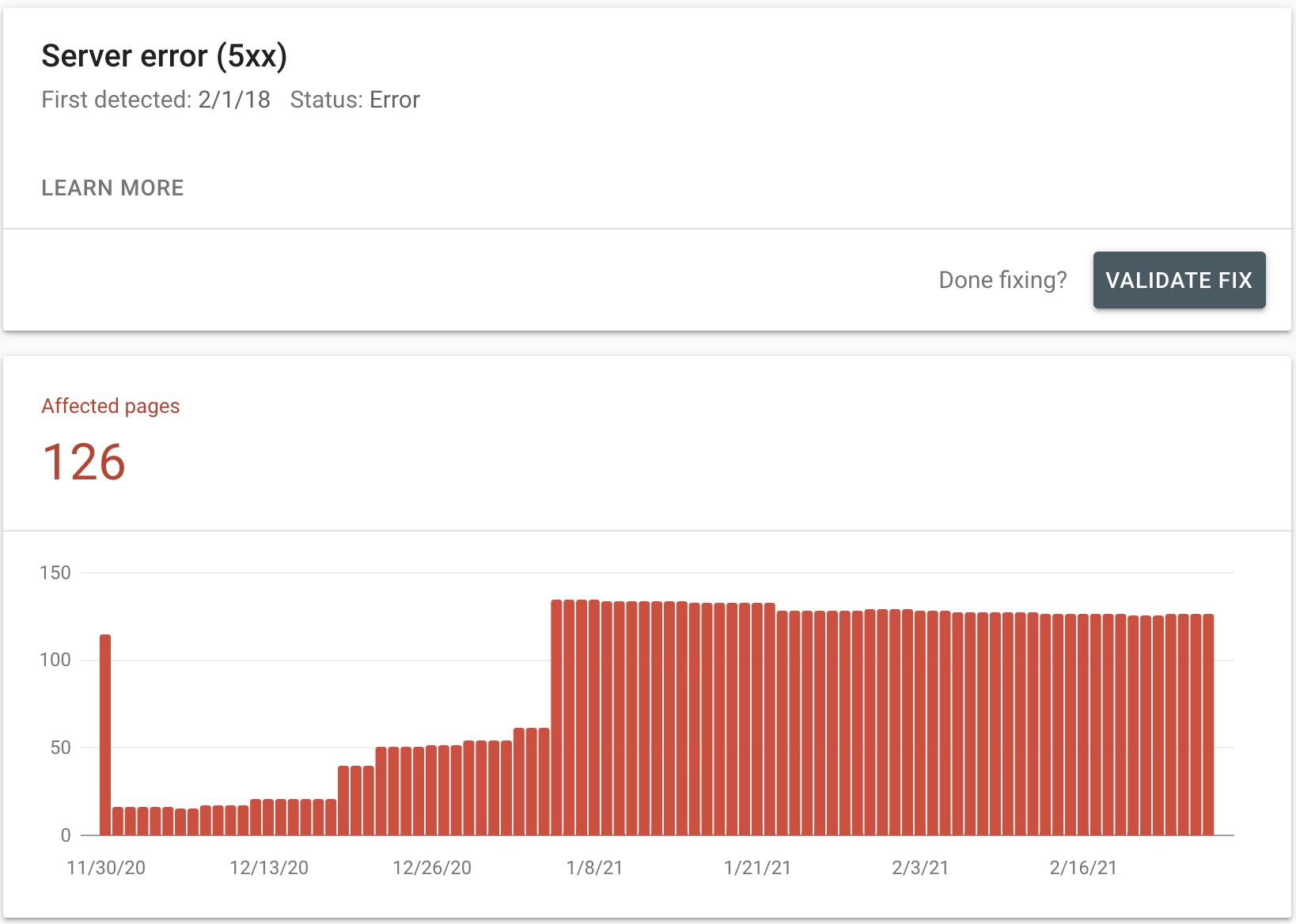
Server errors can be a big problem in numerous ways.
Luckily there are many free SEO tools you can use to identify problematic pages.
This resource provides a great overview of HTTP status codes. The two most common are below.
8. Server Status Code 4xx
If you have pages that return various 4xx errors, then you can end up getting less of your website visited by the Googlebot because it’ll run up against its limits.
Too many errors will also negatively affect your PageRank and undermine link opportunities.
9. Server Status Code 5xx
Errors 500-509 indicate that your server cannot perform your visitors’ requests. This will also undermine PageRank and linking.
HTTPS Certificate & Server Parameters
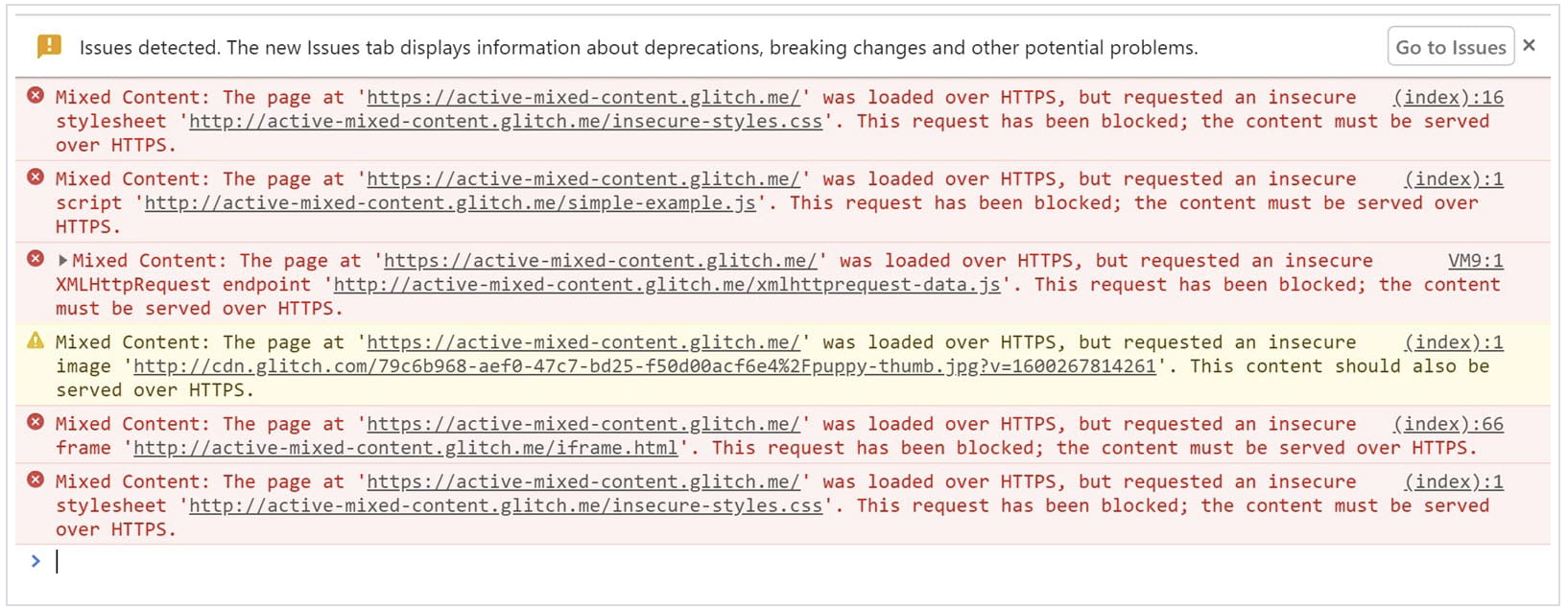
10. Mixed Content
Google has repeatedly mentioned that it will begin to send warnings for the delivery of mixed content.
And, more recently, the search giant stated that Chrome simply won’t load mixed content.
If a page includes both secure (HTTPS) and insecure (HTTP) content, it is susceptible to a hacker attack. HTTPS pages also shouldn’t have access to HTTP resources.
Correct or excise these unsafe links.
11. Insecure Password Input
Insecure Password Input: An <input type = “password”> field will make an HTTP page unprotected, making passwords susceptible to theft.
12. Common Name Mismatch
Make sure the domain name for which the SSL certificate is registered matches the name displayed in the address bar.
Obsolete TLS Version: These days, the latest version is TLS1.3. Make sure yours is up-to-date.
Links & Redirects
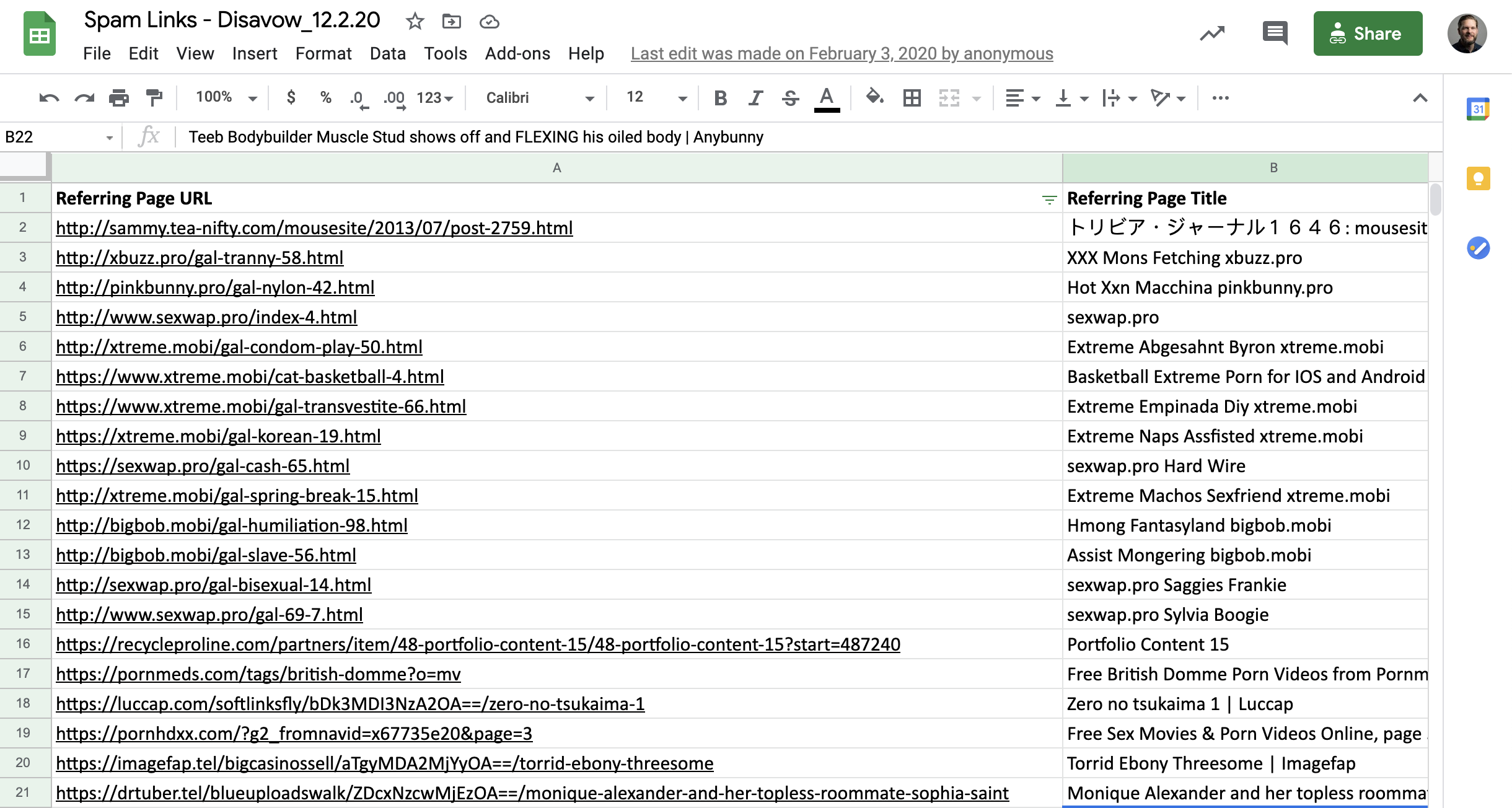
13. Orphaned Pages
A page without any links to it is called an orphan page.
Simply put, if you want Google to crawl and ultimately index your content, they need to be able to find it.
Orphan pages often remain unindexed (and not visible in the SERPs) even when included in the XML sitemap.
14. Links to Redirected Pages
Make sure that you link directly to landing pages.
Be especially certain not to link to a doorway page, which is one of many black hat SEO techniques that can kill an SEO campaign.
A doorway page is a page that ranks for one keyword but redirects to another page. You don’t want to be complicit in anyone’s black hat schemes!
15. Links From Bad Pages
If a website with a bad reputation is linking to you, it can pull down your PageRank.
Use Google’s disavow form to free yourself from such a connection.
Page Speed
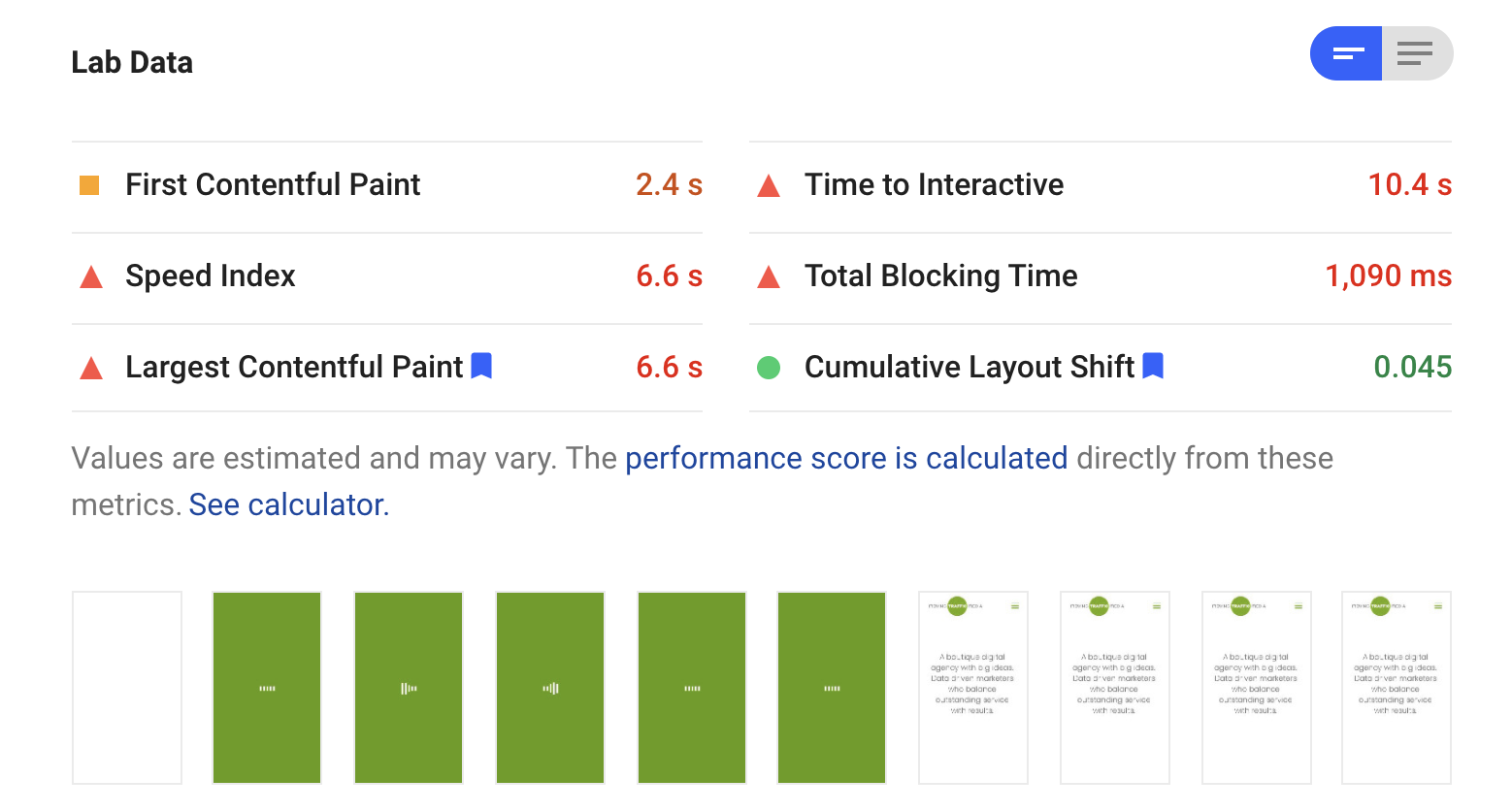 Page load speed is incredibly important, which is why people are always trying to get their page load speed as low as possible (hence all the plug-ins to speed up your WordPress site).
Page load speed is incredibly important, which is why people are always trying to get their page load speed as low as possible (hence all the plug-ins to speed up your WordPress site).
16. Not Using Browser Caching
If you use caching, the site loads a portion of the content once instead of loading 100% of the content for every visit.
17. Not Enabling Compression
This will decrease how many bytes are transported via the network and most commonly takes the form of compressing HTML, JavaScript, and CSS files.
Hreflang Attributes
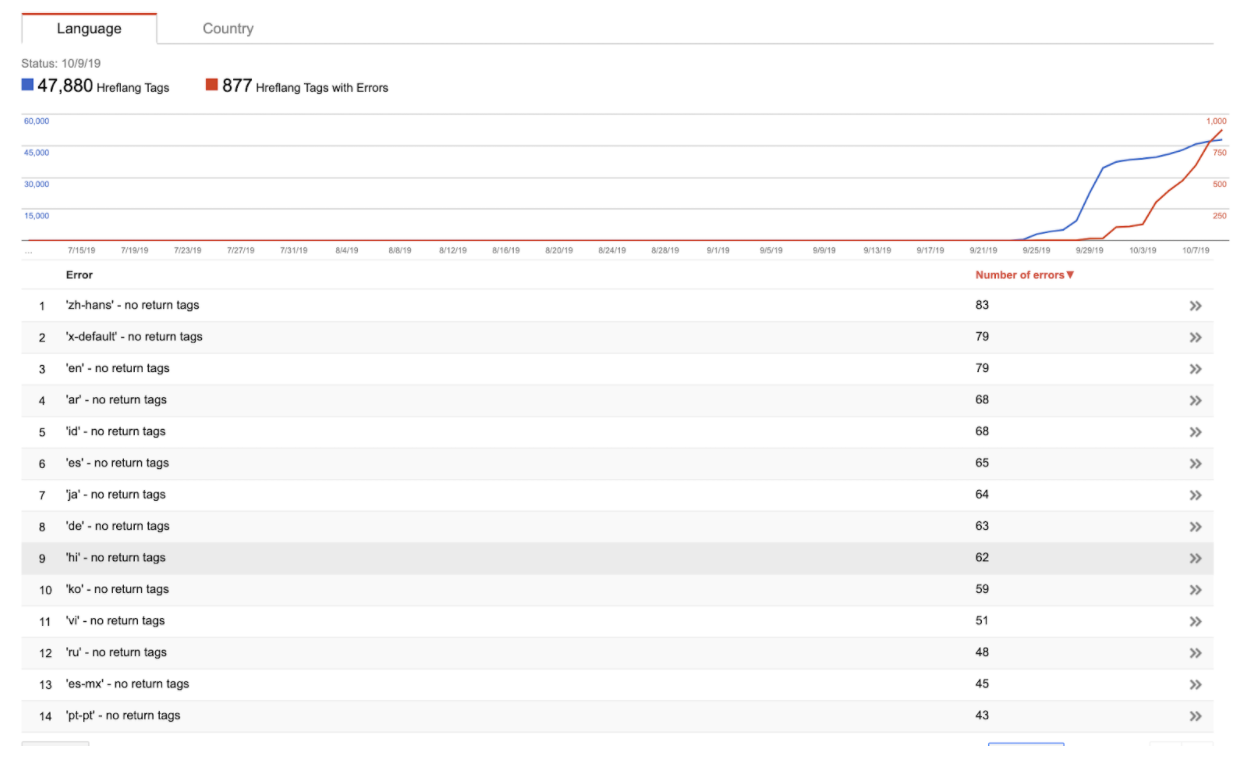 Hreflang attributes, also known as rel=”alternate” hreflang=”x”, let Google know the language of a specific page so it knows to deliver results in that language.
Hreflang attributes, also known as rel=”alternate” hreflang=”x”, let Google know the language of a specific page so it knows to deliver results in that language.
18. Hreflang Page Source Conflicts
Hreflang can cause trouble with:
- rel=canonical URLs.
- Conflicting hreflang URLs.
- No self-referencing hreflang URLs.
19. Invalid Hreflang Values
Always use the right language and country code, and use them both together. Separate them with a hyphen, with the country code first and then the language code.
Bottom Line
Don’t fall into these common SEO traps that can hinder your chances of clinching higher rankings in SERPs.
More importantly, by avoiding these missteps you’ll improve your click-through rate and the experience of your visitors.
This will lead to a virtuous cycle of links from reputable and popular domains, customers, and future success. Happy optimizing!
More Resources:
- 8 of the Worst SEO Mistakes Even the Experts Make
- 5 of the Most Complex SEO Problems & How to Fix Them
- How to Do an SEO Audit: The Ultimate Checklist
Image Credits
Image 1: home.neustar
Image 2 & 3: Author screenshots
Image 4: Web.dev
Image 5 & 6: Author screenshot

